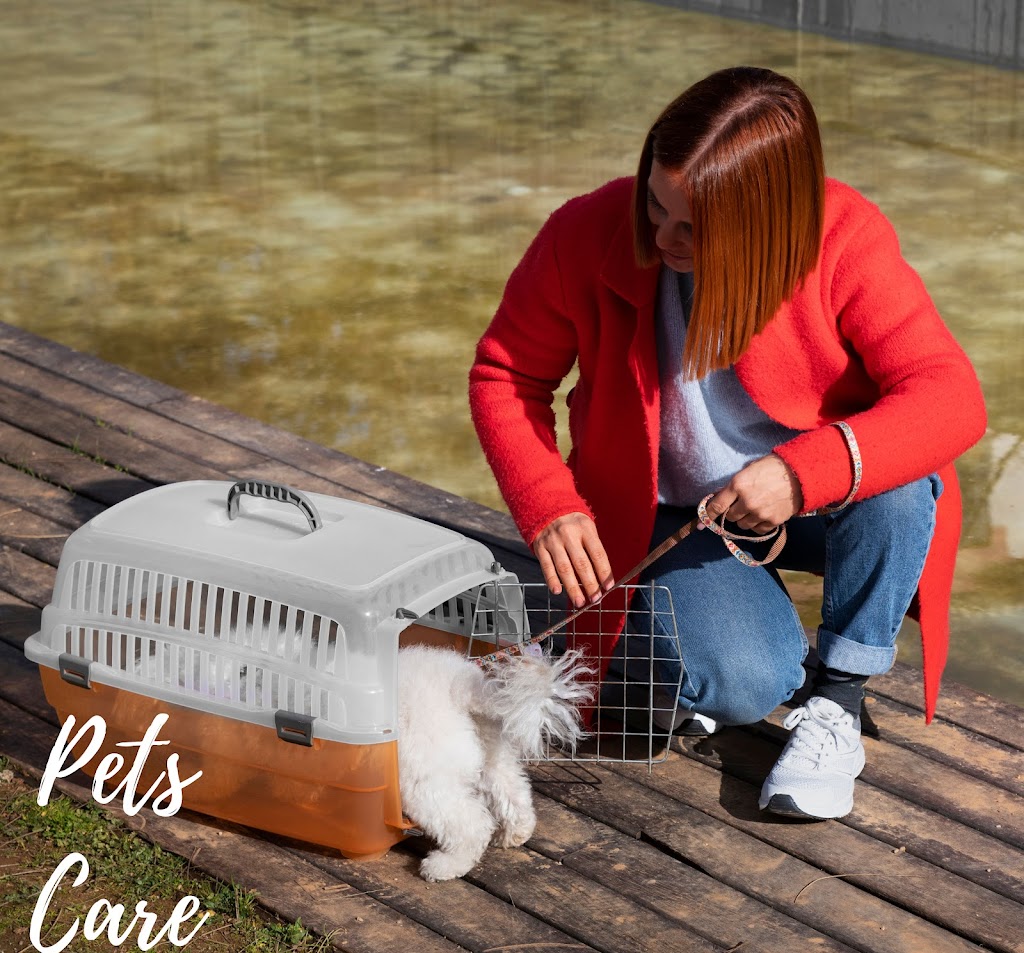Introduction
Owning a pet, particularly a rescue cat, is a gratifying experience that brings joy, companionship, and a sense of fulfillment to many individuals and families. In Germany, like many other countries, rescue shelters provide a vital service by offering homeless cats a chance for a better life with loving families. However, beyond the emotional rewards of adopting a rescue cat, prospective owners must also consider the financial implications. From adoption fees to ongoing expenses, this comprehensive guide aims to shed light on the various costs associated with rescuing a cat in Germany, providing valuable insights for those considering feline companionship.
Understanding Adoption Fees
The journey of welcoming a rescue cat into your home typically begins with an adoption fee. This fee covers various expenses associated with the cat’s care, including veterinary services, vaccinations, microchipping, and sometimes even spaying or neutering. In Germany, adoption fees can vary significantly depending on factors such as the age, breed, and health of the cat, as well as the policies of individual shelters. On average, adoption fees in Germany range from €50 to €150. However, fees can be higher for specific breeds or kittens.
Initial Veterinary Costs
In addition to the adoption fee, new cat owners must budget for initial veterinary expenses. While many rescue shelters provide basic veterinary care for their cats before adoption, additional health checks, vaccinations, and treatments may be necessary. These initial veterinary costs can vary based on the cat’s health status and any pre-existing conditions it may have. On average, new cat owners in Germany should anticipate spending between €50 to €200 on initial veterinary expenses.
Essential Supplies
Preparing your home for a new feline companion requires certain essential supplies to ensure the cat’s well-being and comfort. These supplies may include a litter box, litter, food and water bowls, a scratching post, toys, a bed, and grooming tools. While some shelters may provide a starter kit or essential supplies as part of the adoption package, prospective cat owners should be prepared to purchase any necessary items themselves. The cost of essential supplies can vary depending on factors such as the quality and brand of the products chosen, but budgeting approximately €50 to €100 for initial supplies is advisable.
Ongoing Expenses
Once the initial adoption and setup costs have been covered, prospective cat owners must also consider the ongoing expenses associated with cat ownership. These ongoing expenses include:
1. Food: Providing nutritious food is essential for maintaining your cat’s health and well-being. The cost of cat food can vary depending on factors such as the brand, quality, and dietary requirements of the cat. On average, cat owners in Germany can expect to spend between €10 to €30 per month on cat food.
2. Veterinary Care: Regular veterinary check-ups, vaccinations, and preventive care are essential for keeping your cat healthy. Budgeting for annual veterinary expenses, including routine check-ups and vaccinations, is crucial. These costs can range from €100 to €300 per year, depending on the cat’s health and any unexpected medical issues that may arise.
3. Insurance: Pet insurance can provide financial protection against unexpected veterinary expenses in the event of illness or injury. The cost of pet insurance varies depending on factors such as the level of coverage, the cat’s age, and its breed. On average, pet insurance premiums in Germany range from €10 to €30 per month.
4. Litter and Supplies: Budgeting for litter, grooming supplies, and other ongoing necessities is essential for maintaining a clean and comfortable environment for your cat. These expenses can amount to approximately €10 to €20 per month.
5. Boarding or Pet Sitting: If you plan to travel or go on vacation, you may need to budget for boarding or pet sitting services to care for your cat in your absence. The cost of boarding or pet sitting can vary depending on factors such as the duration of your trip and the level of care required.
Conclusion
Adopting a rescue cat in Germany can be a deeply rewarding experience that enriches your life and brings happiness to both you and your new feline companion. However, it’s essential to consider the financial responsibilities involved in cat ownership. From the initial adoption fee and veterinary expenses to ongoing costs like food, litter, and insurance, owning a cat requires careful planning and budgeting. By understanding the full scope of the expenses involved, prospective cat owners can make informed decisions and provide the best possible care for their beloved pets.


